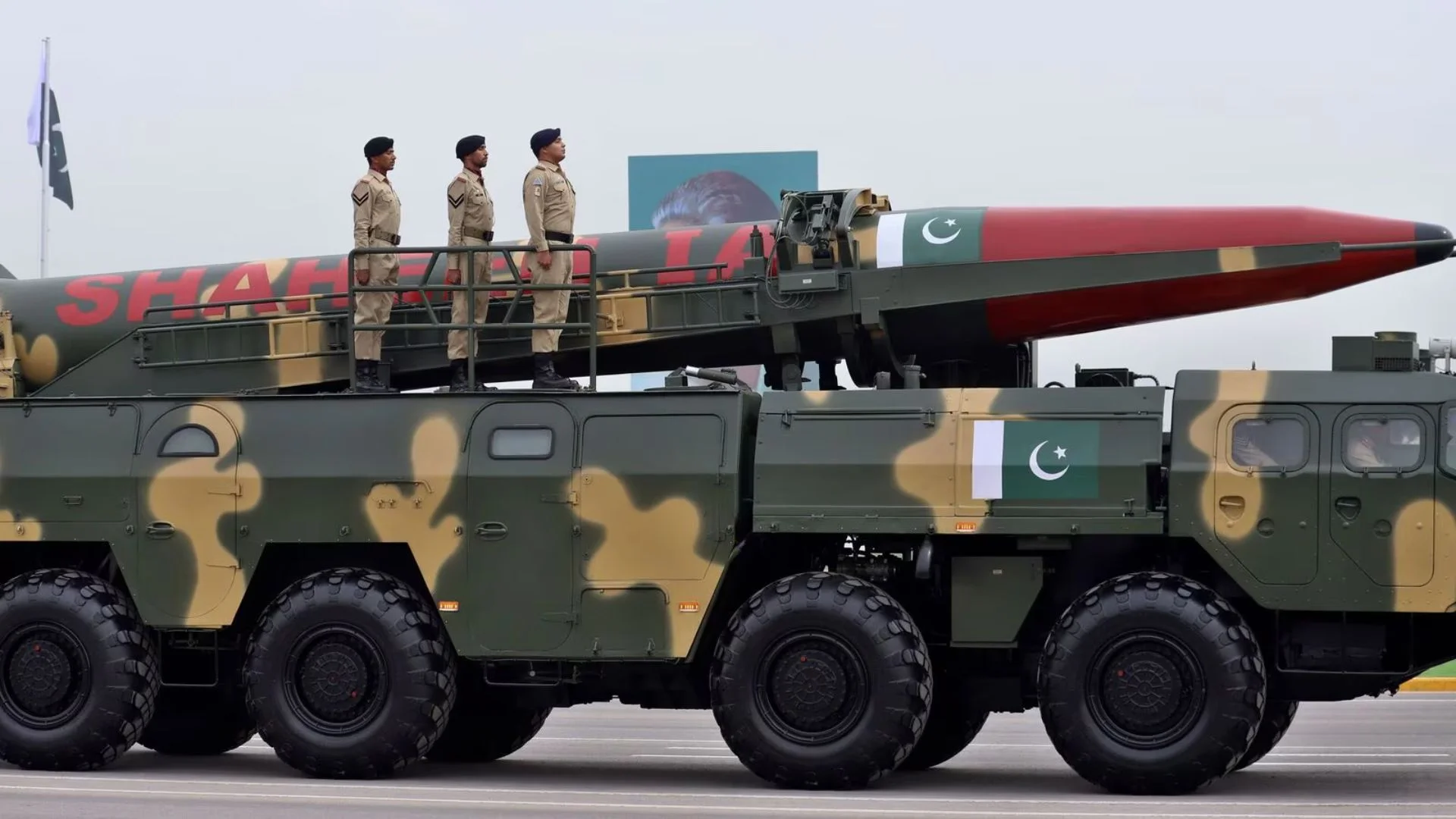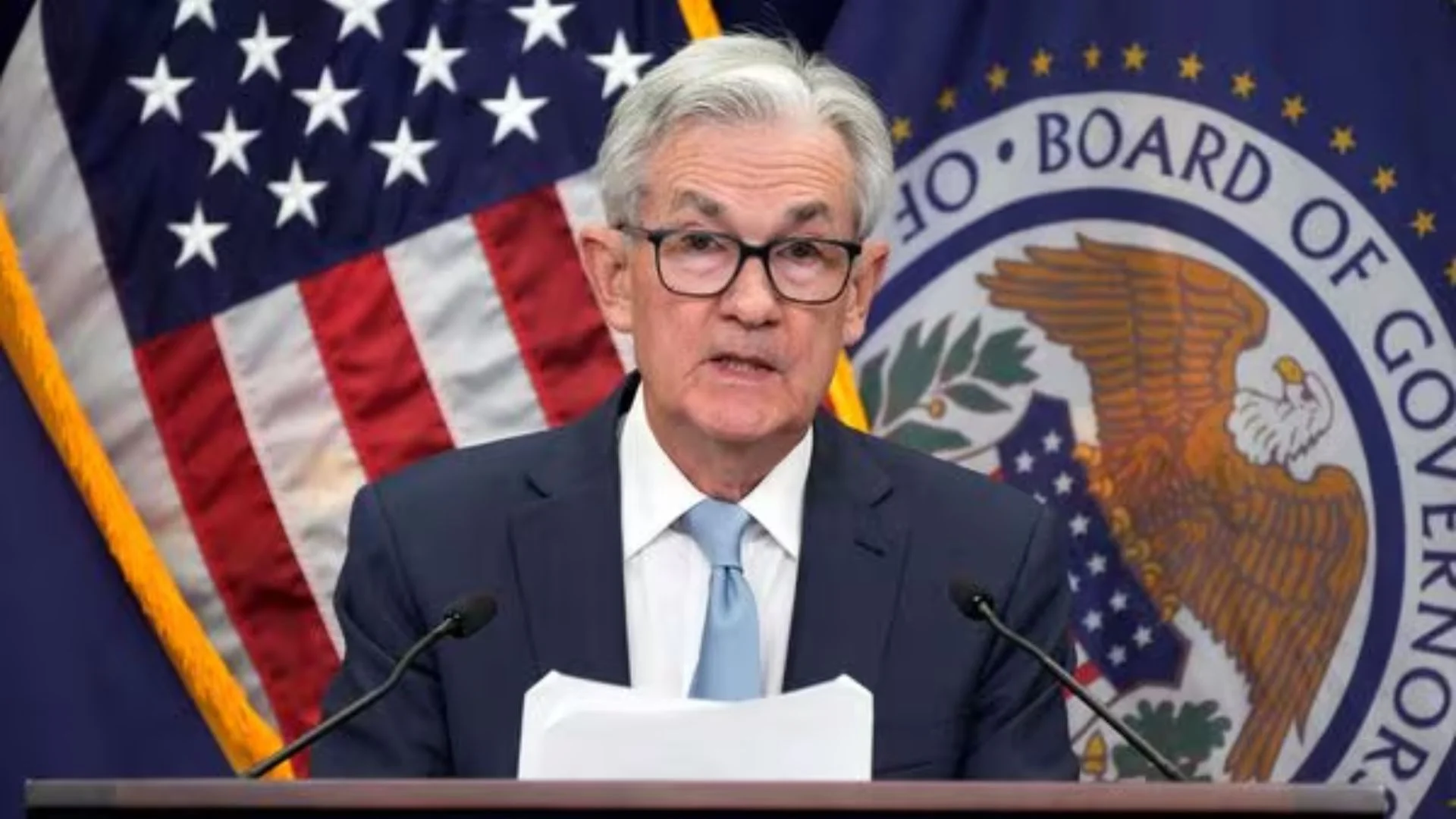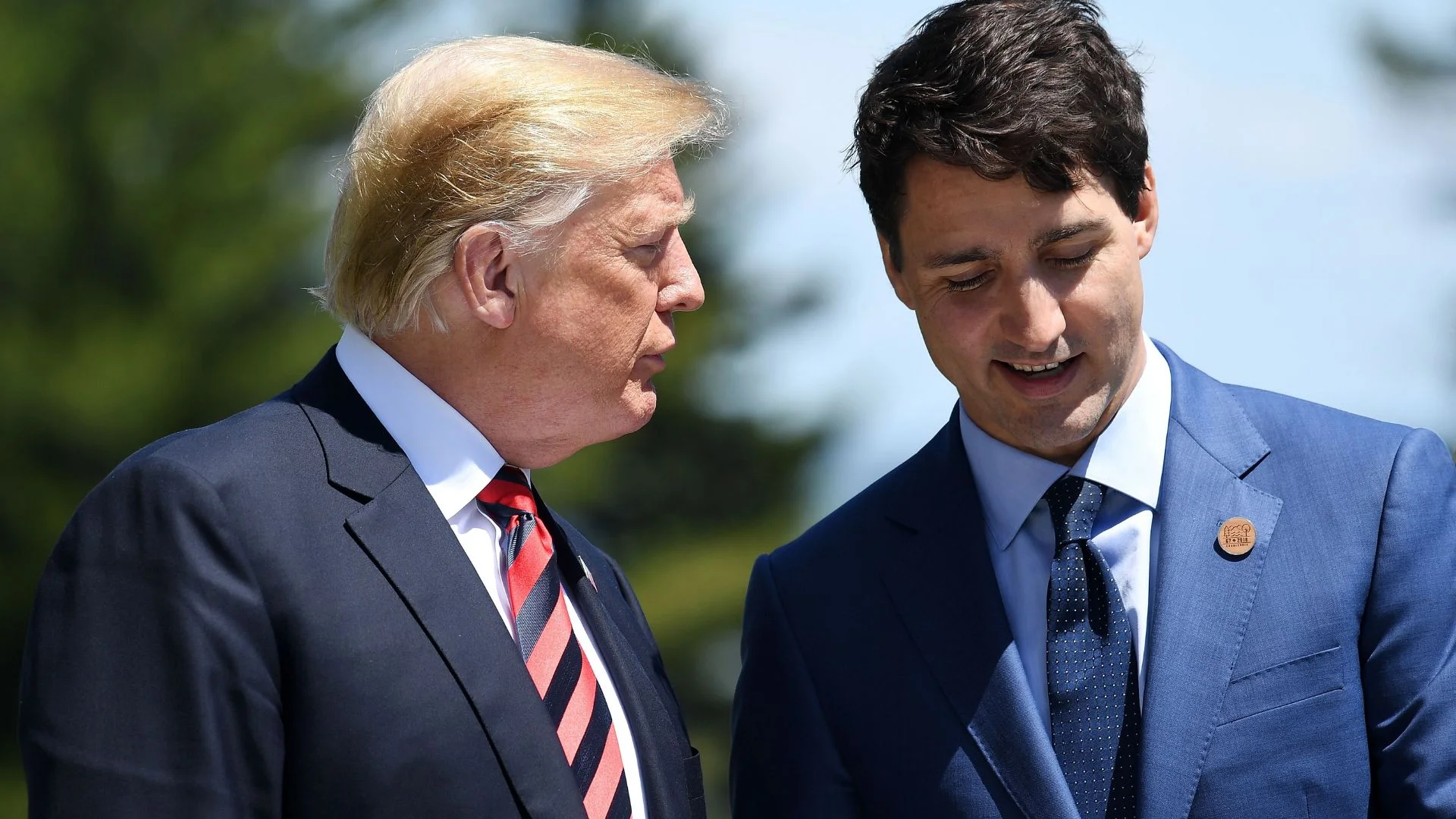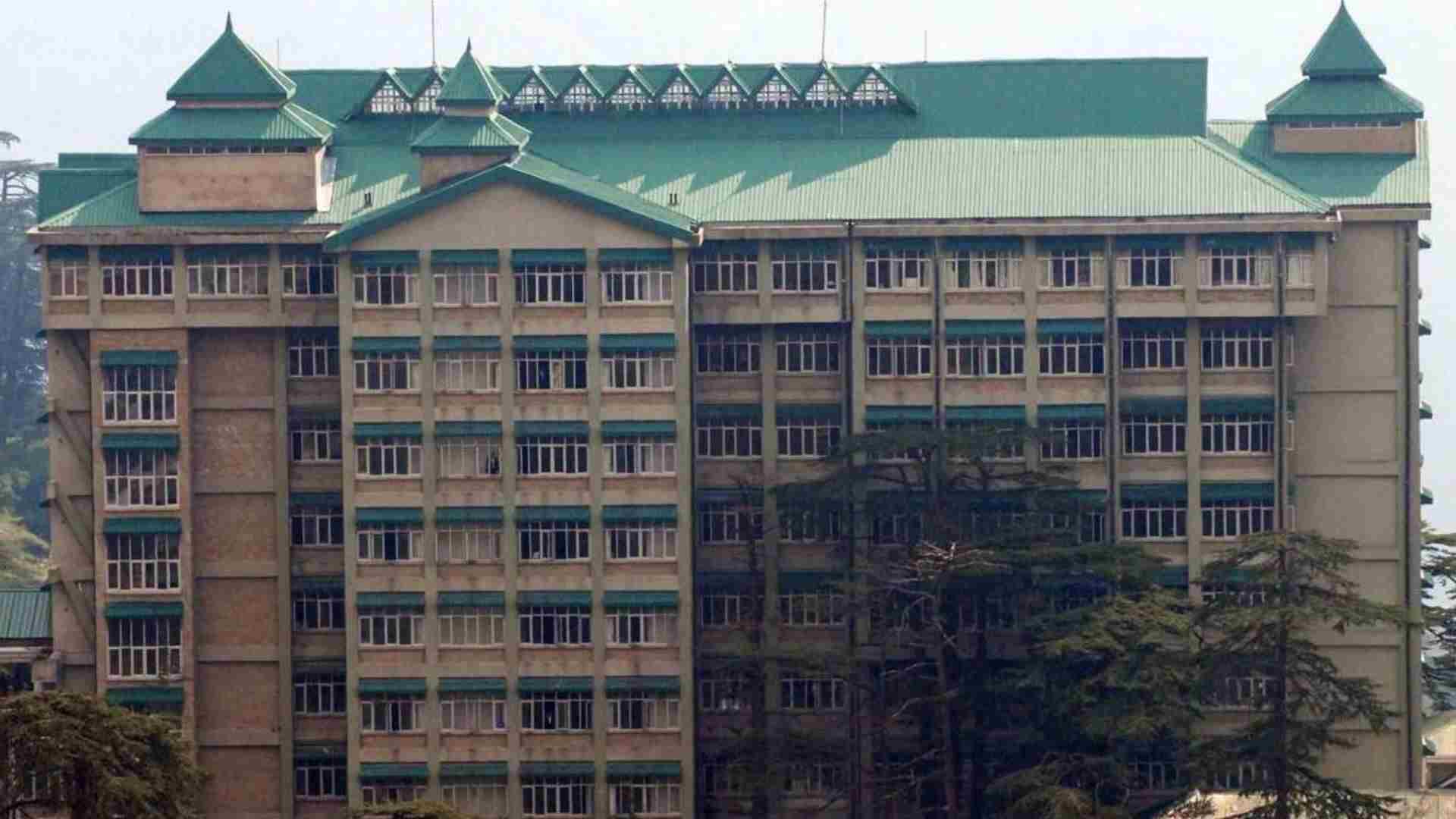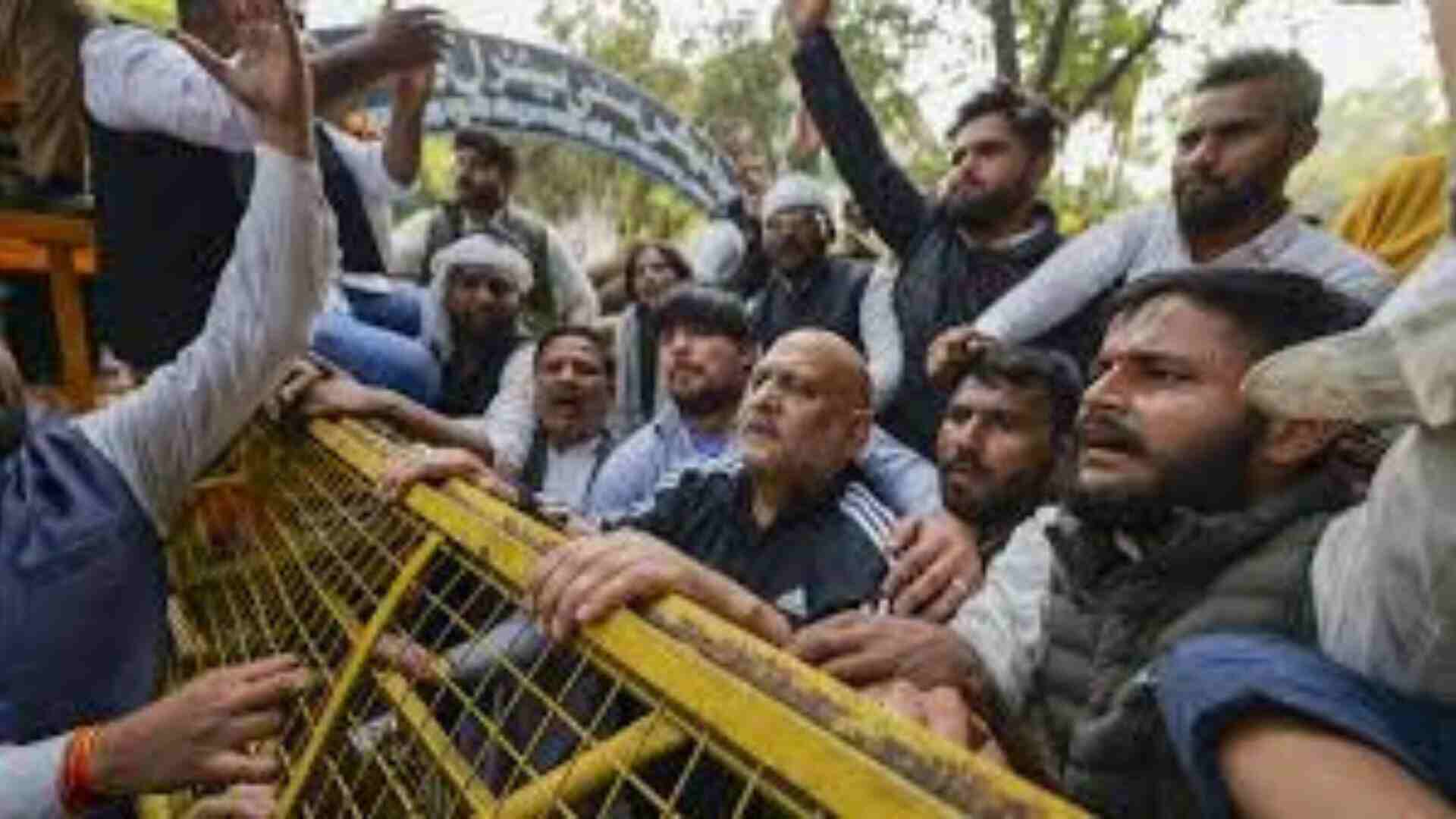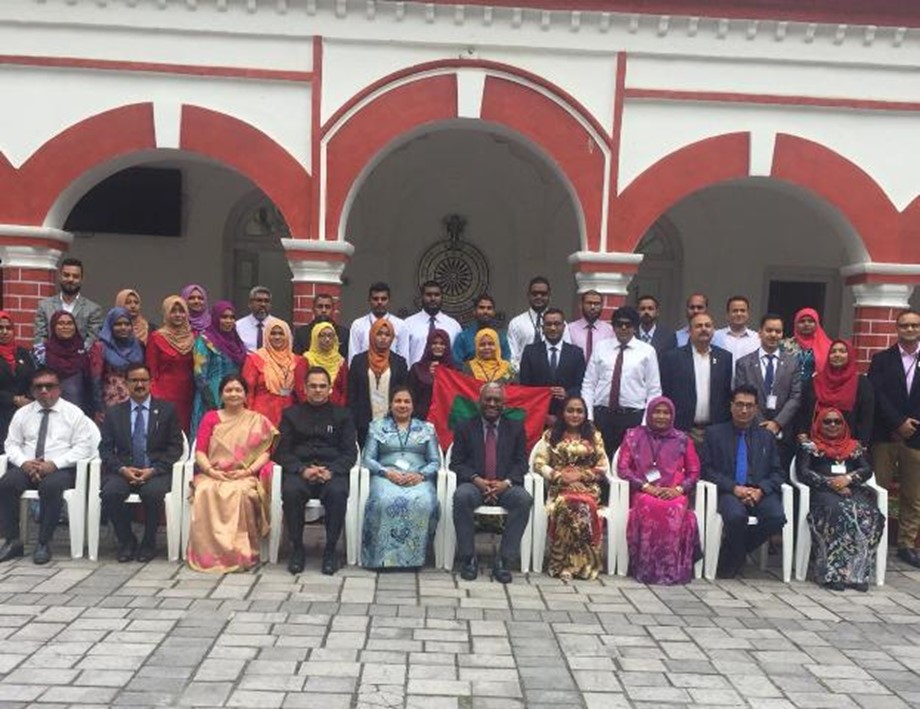
As many as 1,800 Bangladeshi civil servants will receive training from India by 2025 as part of the two-week 53rd Capacity Building Programme for Bangladeshi civil servants in the field administration, which was initiated on Tuesday at the National Centre for Good Governance (NCGG) in Mussoorie, in collaboration with the Ministry of External Affairs (MEA).
“Prior to 2019, 1,500 civil servants of Bangladesh were trained at NCGG. After the completion of phase-I, capacity-building of another 1,800 civil servants of Bangladesh is taken up, which is planned to be completed by 2025,” the Ministry of Personnel, Public Grievances and Pensions said in a statement.
Based on the Memorandum of Understanding (MoU) that was signed in February 2019 at the fifth Joint Consultative Commission meeting between India and Bangladesh, Bangladeshi civil officials are being trained at the NCGG.
The NCGG has trained 1,727 field-level officers of the Bangladesh Civil Service, including assistant commissioners, Upa-Zila Nirbhai Officers/SDMs, and additional deputy commissioners.
All of Bangladesh’s deputy commissioners who were in office at the time were also trained.
Since the program’s inception ten years ago, many of the trainee officers have progressed to the positions of additional secretary and secretary in the Bangladeshi government, fostering a synergy between the two countries’ governance.
The National Centre for Good Governance (NCGG), which focuses on policy reforms, training, and capacity building, was established by the Indian government in 2014 as a top-tier organisation in the nation, according to an official statement from the ministry.
The programme for civil servants in developing nations strives to give them the most recent information, abilities, and resources to implement and create efficient public policy.
The participating police considered the training to be very beneficial.
The Center is distributing information about various initiatives undertaken in the nation as part of the programme, including, among other crucial areas, e-governance, digital India, universalization of public services, approach to sustainable development goals, use of Aadhar in service delivery, public grievance redressal mechanism, and disaster management with special reference to the coastal region.
During the programme, the participating officers will also be taken to see various developmental works like Delhi Metro, Smart City, Morarji Desai National Institute of Yoga, Central Information Commission, Election Commission of India, among others, the statement added.
